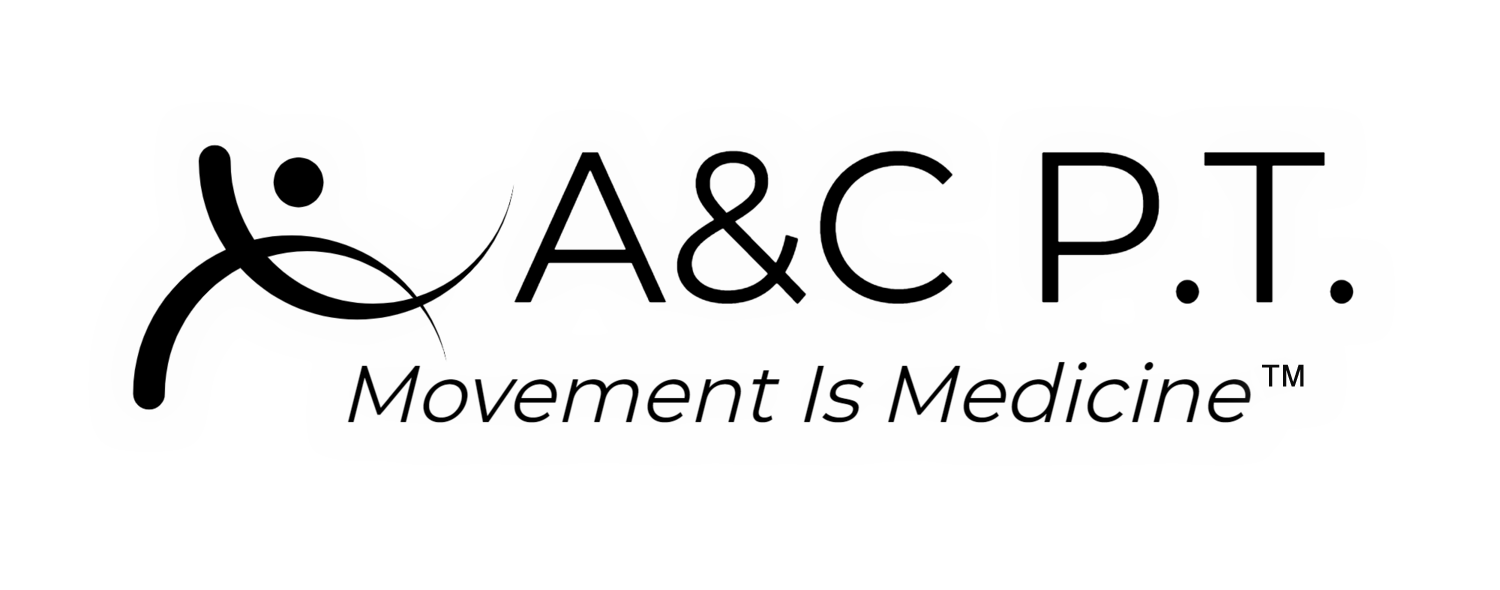“During the last few years battling kidney failure, I grew a new respect for how important kidneys were. Beyond their life-saving functions, I FELT first hand how kidneys VERY tangibly impacted how I felt, performed and healed. I am so very thankful to have received a kidney transplant from a dear friend on October 5th, 2022”
~ Quote from Noal Cattone - co-owner of Anderson & Cattone Physical Therapy
To optimize rehabilitation of your musculoskeletal ailments, whether its knee pain or chronic back pain, don’t forget about the role your kidneys play in the healing process (among other organs).
Physical therapy works well when tissues are healthy, your nervous system isn’t compromised and your body is metabolically stable. If hydration, nutrition and your global health is compromised, success treating superficial ailments and/or increasing athletic performance will be difficult if not impossible, even with good physical therapy interventions.
6 Things Healthy Kidneys Do:
Regulate the body’s fluid levels (hydration)
Filter wastes and toxins from the blood
Release a hormone that regulates blood pressure
Activate vitamin D to maintain healthy bones
Release the hormone that directs production of red blood cells (preventing anemia)
Keep blood minerals and electrolytes in balance (sodium, phosphorus, potassium)
8 Problems Kidney Disease Can Cause:
Heart disease
Heart attack and stroke
High blood pressure
Put your life at risk
Weak bones
Nerve damage (neuropathy)
Kidney failure (end-stage kidney disease, or ESRD)
Anemia or low red blood cell count
8 Possible Trouble Signs:
Most people with early kidney disease have no symptoms, which is why early detection is critical. By the time symptoms appear, kidney disease may be advanced, and symptoms can be misleading. Pay attention to these:
Fatigue, weakness
Difficult, painful urination
Foamy urine
Pink, dark urine (blood in urine)
Increased thirst
Increased need to urinate (especially at night)
Puffy eyes
Swollen face, hands, abdomen, ankles, feet
9 Things Everyone Should Do To Prevent Kidney Problems
Exercise regularly
Control weight
Follow a balanced diet
Quit smoking
Drink only in moderation
Stay hydrated
Monitor cholesterol levels
Get an annual physical
Know your family medical history

